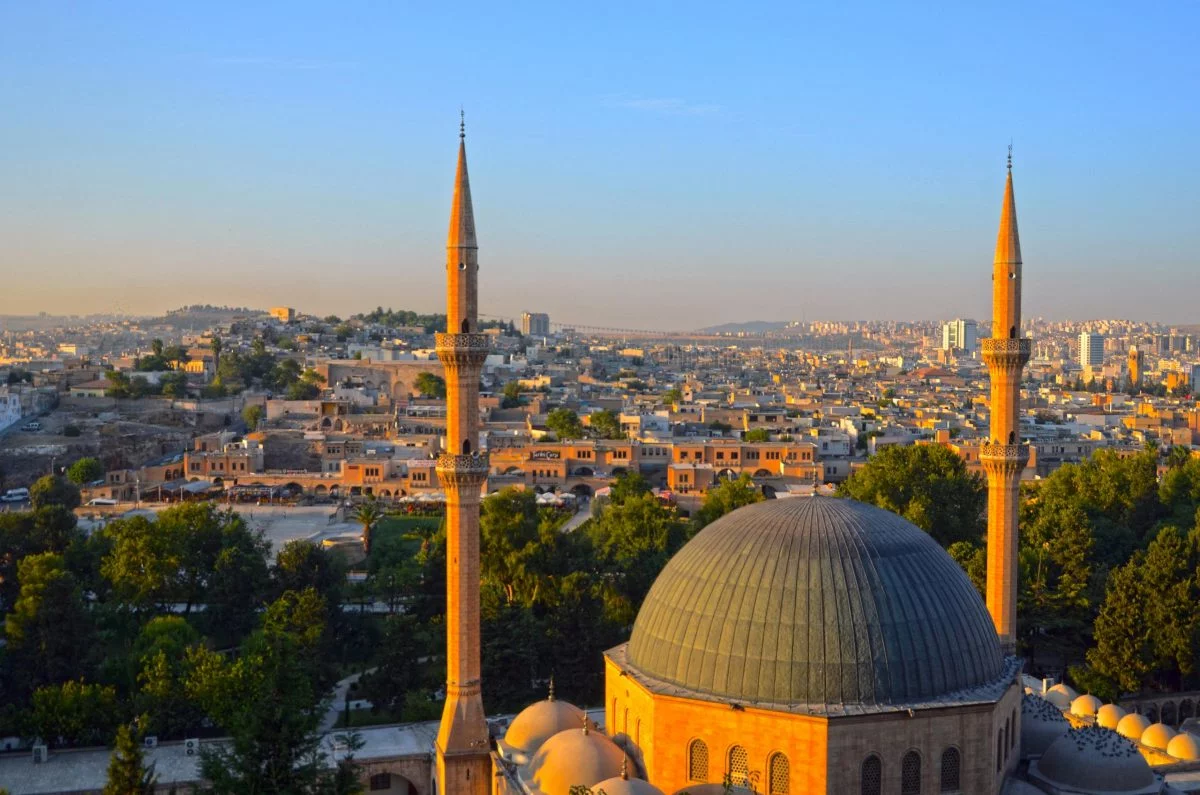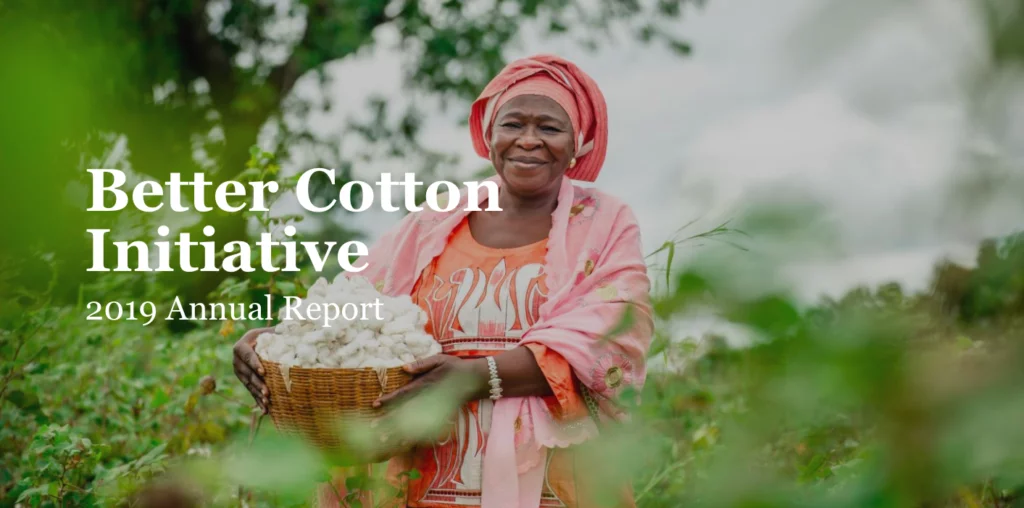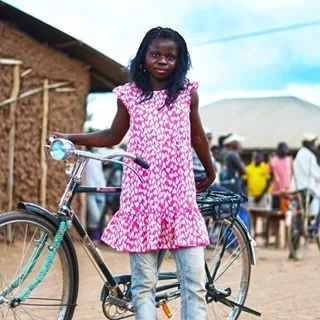Better Cotton Publishes Revised Chain of Custody Guidelines
The Better Cotton Initiative (BCI) has launched a revised version of the Better Cotton Chain of Custody Guidelines.
Chain of Custody Guidelines V1.4
The Better Cotton Chain of Custody (CoC) is the key framework that connects demand with supply of Better Cotton and helps to incentivise cotton farmers to adopt more sustainable practices. The CoC Guidelines incorporate two different chain of custody models: product segregation between the farm and gin and mass-balance after the gin level.
The latest CoC Guideline revisions focused predominately on removing outdated CoC requirements, clarifying and strengthening existing requirements, addressing any ambiguous language and restructuring the layout of the document. The updated CoC Guidelines V1.4 now also clearly define and distinguish between mandatory requirements and best practice guidance.
Importantly, the basic Chain of Custody requirements have not changed – BCI still requires a product segregation model in place between farm and gin level (i.e. Better Cotton must be kept segregated from conventional cotton) and a mass-balance chain of custody model is applicable after gin level. More information on these models and requirements for different supply chain organisations can be found in the the CoC Guidelines.
The revised guidelines replace the previous V1.3 and will be effective as of 1 August 2020, which is the beginning of the ICAC international cotton season.For more information, please read the FAQ and summary of the key changes documents.
Find out more about the Better Cotton Chain of Custody on the BCI website.
Read more









































